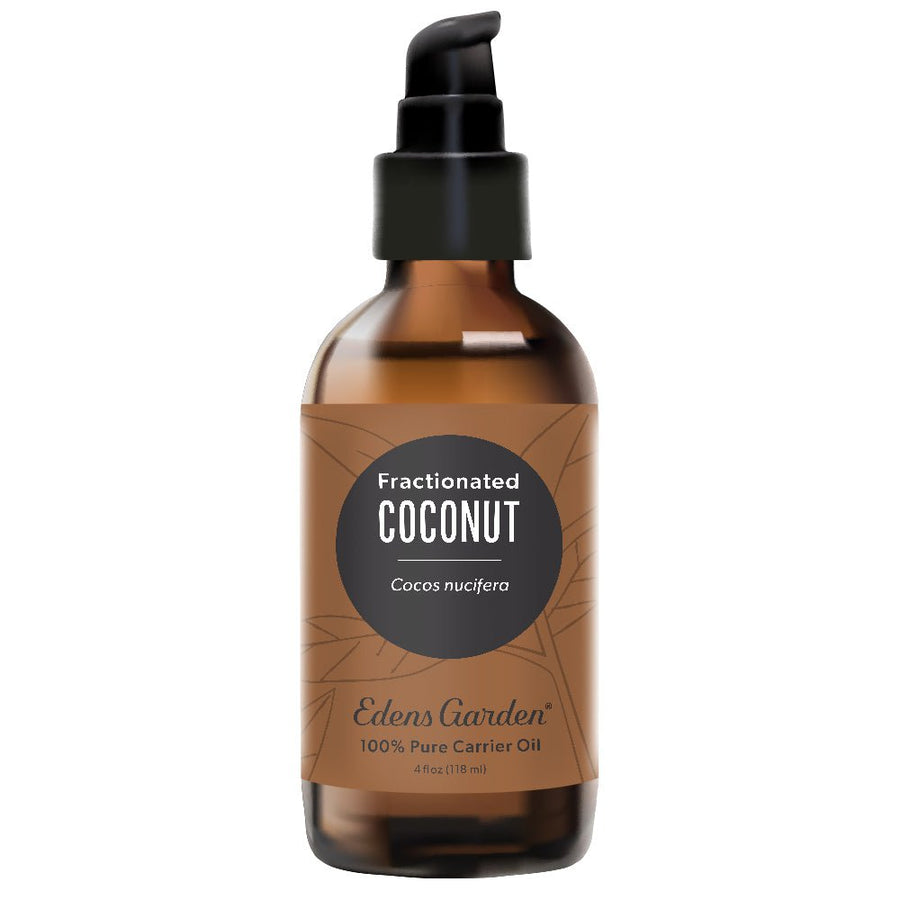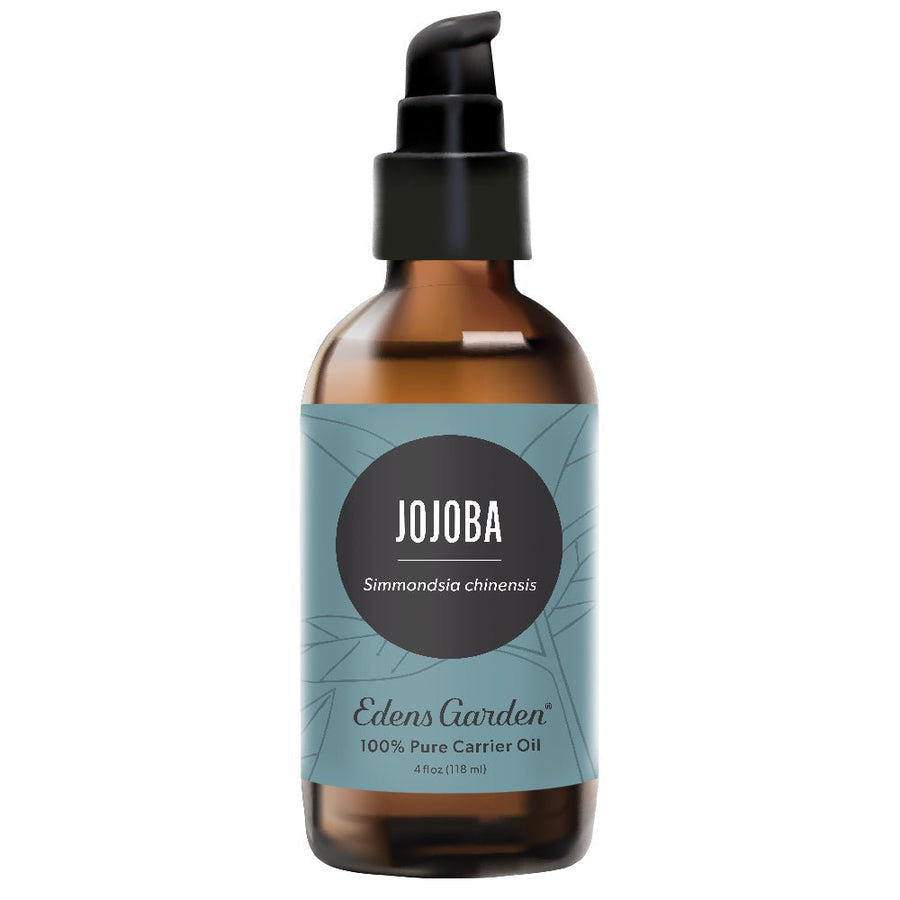Why You Need Prebiotics In Your DIY Deodorant

Deodorant is a daily essential for most of us, but have you ever stopped to consider what you're putting on your skin each day? As the benefits of natural wellness have become more well-known, many are turning away from conventional deodorants in search of healthier, skin-friendly alternatives. One ingredient gaining attention in the world of DIY natural deodorants is prebiotics, and for good reason.
In this blog, we’ll dive into why you should consider prebiotics such as inulin when making your own deodorant, how they support the skin's microbiome, and we’ll even share a simple, effective DIY natural prebiotic deodorant recipe you can try today. Let’s get to the bottom of what’s going on under your arms.
Is Deodorant Bad for You?
The safety of conventional deodorants and antiperspirants has been a topic of scientific discussion due to their chemical composition and potential impact on the skin’s microbiome and systemic health. Here’s a breakdown of key concerns:
- Aluminum-Based Compounds: Common in antiperspirants, aluminum salts (such as aluminum chlorohydrate) temporarily block sweat glands to reduce perspiration. Studies have raised concerns over possible estrogen-mimicking effects, which could disrupt hormone balance, although definitive links to diseases such as breast cancer remain inconclusive.[1]
- Synthetic Fragrances: Many commercial deodorants contain synthetic fragrances, which can include phthalates—chemicals associated with endocrine disruption[2] and allergic reactions.
- Triclosan: An antibacterial agent sometimes used in deodorants, triclosan has been associated with contributing to antibiotic resistance and may negatively affect the skin's natural microbial diversity.
- Microbiome Disruption: Deodorants that are antibacterial or antimicrobial are intended to reduce odor. However, this disruption can exacerbate odor over time by encouraging the growth of odor-causing bacteria once beneficial bacteria are removed.[3]
- Symptomatic Approach to Odor: Conventional deodorants often aim to mask or suppress body odor rather than addressing its underlying causes, such as bacterial imbalances or pH shifts in the underarm environment.
These concerns have led to a growing interest in natural deodorant alternatives that support the body’s natural processes and microbial harmony rather than suppress them.
Natural Deodorant Alternatives
As awareness around ingredient safety grows, so does interest in DIY deodorants made from wholesome, natural ingredients. By crafting your own deodorant, you have full control over what goes on your skin. You can avoid common irritants like baking soda or preservatives, and instead focus on nourishing ingredients like Coconut Oil, shea butter, Essential Oils, and prebiotics.
DIY natural deodorants help support the body’s own detoxification processes, allow sweat to occur (which is essential for temperature regulation and toxin removal), and often improve skin health over time. But if you really want to elevate your formula, prebiotics might just be the secret ingredient you’ve been missing.
Why You Need Prebiotics In Your DIY Deodorant
Adding prebiotics to your DIY deodorant can transform both how your underarms smell and how they feel. Here’s why:
Supports a Healthy Skin Microbiome: Prebiotics nourish beneficial bacteria on the skin, promoting a balanced and resilient microbiome rather than eliminating all microbes like many commercial products.
Fights Odor at the Source: Body odor results not from sweat itself, but from bad bacteria breaking down sweat. Prebiotics help reduce odor by fostering good bacteria that crowd out the odor-causing ones.
Encourages Long-Term Odor Control: With consistent use, prebiotic deodorants may help reduce overall body odor and sweating by supporting microbiome balance over time.
Gentle and Non-Disruptive: Unlike antibacterial agents or strong actives, prebiotics work with your body, not against it, making them ideal for sensitive skin.
Pairs Perfectly with Natural Ingredients: When combined with plant-based oils, butters, and Essential Oils, prebiotics enhance the efficacy of DIY deodorants without causing irritation.
What Is Inulin?
Inulin is a naturally occurring plant fiber found in foods like chicory root, garlic, and onions. In the world of wellness, it's celebrated as a gentle prebiotic that supports digestive health. But its benefits don’t stop there—it also shines in topical skincare and body care.
In DIY deodorants, inulin works by feeding good bacteria on the skin’s surface, reducing the growth of odor-causing microbes. It's non-irritating, easy to work with, and incredibly effective in natural deodorant formulations. Inulin is a perfect match for sensitive underarms, particularly when combined with Essential Oils and plant-based moisturizers.
DIY Natural Prebiotic Deodorant
Ready to make your own? This DIY natural deodorant recipe with inulin is gentle, effective, and nourishing for your skin.
Ingredients:
-
2 tbsp Arrowroot Powder (absorbs moisture)
-
2 tbsp Shea Butter (moisturizes and soothes)
-
2 tbsp Fractionated Coconut Oil (antibacterial and hydrating)
-
1 tsp Jojoba Oil (skin-conditioning)
-
1 tsp Inulin Powder (natural prebiotic)
-
12 drops Pink Lotus Sands Blend
Instructions:
- Melt Shea Butter in a double boiler.
- Remove from heat and stir in Coconut Oil, Jojoba Oil, and Arrowroot Powder.
- Add Inulin and mix well until fully incorporated.
- Let the mixture cool slightly, then add Pink Lotus Sands.
- Pour into a small glass jar or empty deodorant container.
- Allow to set at room temperature or refrigerate until firm.
To use, apply a small amount to clean, dry underarms. A little goes a long way! Use clean, dry hands to scoop out and store in a cool, dry area for maximum shelf life.
A Fresh Take on Natural Wellness
Switching to natural deodorant is one of the simplest ways to reduce your toxic load and support your body’s natural functions. By choosing to DIY your formula and adding a powerhouse prebiotic like inulin, you’re taking a proactive step toward healthier skin, fewer odors, and greater well-being.
Prebiotics aren’t just for your gut. They're for your underarms too.
At Edens Garden, we believe in the power of nature to support total body wellness—from Essential Oils to mindful daily routines. Try this DIY today and experience firsthand how prebiotics and Essential Oils can transform your deodorant routine for the better.
SOURCES:
- The postulated innocuity of lifetime exposure to aluminium should be reappraised. https://pmc.ncbi.nlm.nih.gov/articles/PMC10406518/
- Synthetic Endocrine Disruptors in Fragranced Products. https://www.mdpi.com/2673-396X/5/3/27
- The effect of habitual and experimental antiperspirant and deodorant product use on the armpit microbiome. https://pmc.ncbi.nlm.nih.gov/articles/PMC4741080/
Leave a comment (Comments will be approved before showing up)
12 comments
Grace
Where can I buy the Inulin?
Edens Garden
Hi Kathy! We can’t guarantee that deodorant made at home will not stain clothing. We recommend spot testing the deodorant on the inside of clothing to test staining.
Edens Garden
Hi Lynn! We suggest opting for Grapeseed or Jojoba oil in lieu of Fractionated Coconut oil.
Kathy Schweitzer
What do all those oils do to ones expensive clothing? Leave oil spots?
Lynn Weber
Great information! I will share this with my family, friends, and coaching clients. 😍
If someone was trying to avoid coconut products, what would you recommend as a substitute for the fractionated coconut oil? Can’t wait to try the recipe. Thanks so much!
Edens Garden
Hi Linda! Yes, they are 😊
LINDA CALIFANO
Hi,
Just inquiring if your deordants & perfume are gluten free.
Thanks
Linda
Edens Garden
Hi Sonshine! We do a series of informal in-house trial runs and from there, rely on customer feedback to ensure a product is effective. You can read customer reviews to see how our deodorant has fared with buyers. We also offer a 30 day return policy, so if you’re ever unsatisfied with a product, you can return it for a refund.
Sonshine A
This is interesting. Are there money back guarantees for trying to move to these and then for the discovering of which one would work best individually? I’ve had no positive results attempting to use any natural products to halt foul smelling underarm odor here in ever humid and hot Mississippi. I do tho’ periodically try natural products, including washing underarms w diluted vinegar. This has been a lifelong struggle as I am outside a great deal either working or playing.
What science it’s backing these claims please? What data is compiled and verified? I notice neither person mentioned, in association with the article in this email, has a scientific background, PR and work with aromas only are mentioned. Is there data?
Not disparaging, just researching.
Thank y’all!
Edens Garden
Hi Marie! We do not offer a spray deodorant or DIY at this time but that’s a great idea and I’ll forward this to our development team. Thank you!
Marie Walker
Ok. Sounds like a great idea. However I prefer a spray deodorant. How would a prebiotic/probiotic solid deodorant product translate into a spray on product. And would there be a recipe to DIY? I like to blend magnesium into my home made spray.







Edens Garden
June 10, 2025 at 9:32 am
Hi Grace! Inulin can be found on Amazon and Google Shopping.